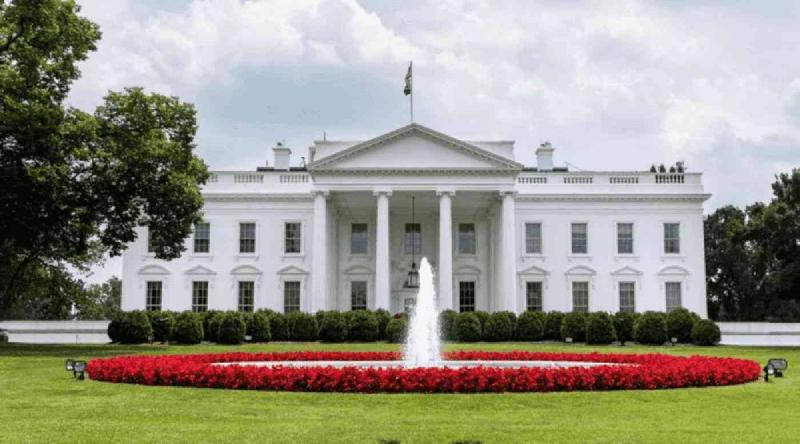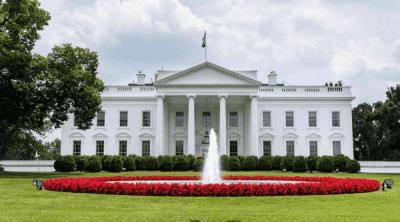Officials at the White House have expressed their disappointment regarding Iran's refusal to meet for direct talks about the nuclear agreement.
The Financial Times reported a White House source stating that the United States is ready to engage constructively with Iran for a mutual return to the Joint Comprehensive Plan of Action (nuclear agreement). The newspaper added that the U.S. plans to discuss further steps with partners in the "5+1" group. An Iranian senior official rejected the notion of the U.S. being part of the 5+1 group, emphasizing that there will be no negotiations before Washington returns to the nuclear agreement. Al Jazeera quoted a senior Iranian official confirming Iran's rejection of considering the U.S. as part of the 5+1, stressing that no negotiations will take place before Washington returns to the nuclear agreement.
The senior Iranian official stated that the U.S. must lift sanctions before discussing proposals for negotiations regarding the nuclear agreement. He affirmed that Washington cannot return to the nuclear agreement table before compensating for the losses from the previous phase. The Iranian official noted that the Biden administration knows what needs to be done if it wants to return to the nuclear agreement, which does not require negotiations, calling on Washington to adhere to its commitments under the nuclear agreement without proposals or mediation.
The high-ranking Iranian official mentioned in an interview with Al Jazeera that Trump imposed sanctions on 800 Iranian entities and individuals, and that the Biden administration needs to lift them before taking any steps. Meanwhile, The Wall Street Journal reported earlier today, citing senior Western diplomats, that Iran has so far rejected the European Union's offer for direct nuclear talks with the United States and seeks guarantees that Washington will lift sanctions after the meeting.
The Joint Comprehensive Plan of Action was signed in 2015 by Iran and the "5+1" group, which includes the five permanent members of the United Nations Security Council plus Germany, along with the European Union. The agreement stipulated lifting international sanctions on Tehran in exchange for reducing its nuclear program, but the U.S. unilaterally withdrew in 2018 and reinstated sanctions on Iran. In response, Iran halted its implementation of the Additional Protocol to the agreement this month, which grants the International Atomic Energy Agency broader rights to collect information and access sites in countries and aims to fill gaps in reported information under signed agreements, a move that has greatly alarmed the West.




